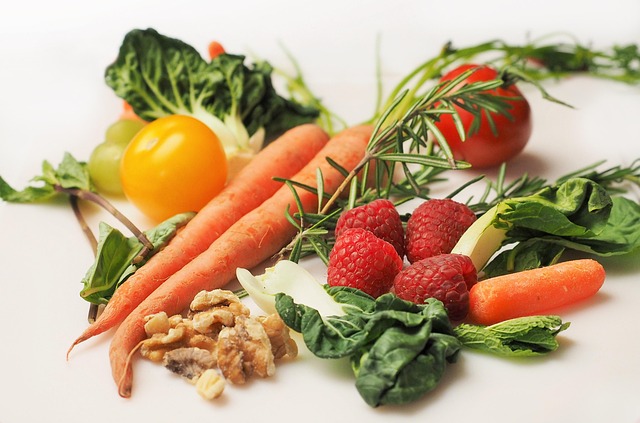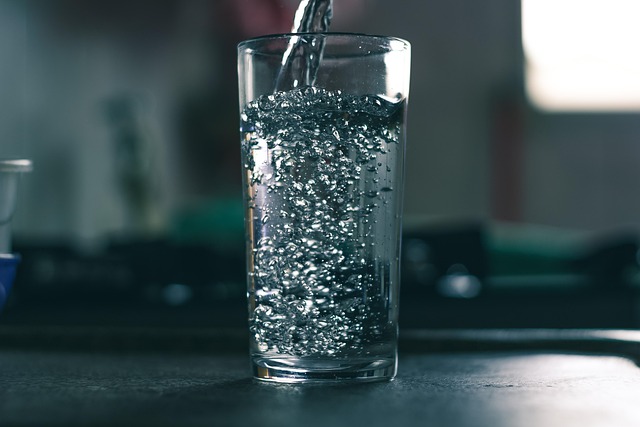Undergoing blepharoplasty, or eyelid surgery, is a transformative experience that can rejuvenate the face and restore confidence. However, the recovery process plays a vital role in achieving the best results. According to many Dallas plastic surgeons (https://blepharoplastydallastexas.com), proper nutrition is one of the most overlooked yet powerful tools for supporting healing after cosmetic surgery.
The foods you eat before and after your procedure can influence inflammation, swelling, bruising, and overall recovery time. Here’s a detailed guide on how nutrition supports the healing process for blepharoplasty patients in Dallas, Texas.

Blepharoplasty involves delicate tissue around the eyes, where the skin is thin and sensitive. After surgery, the body immediately begins repairing itself — a process that requires energy, hydration, and essential nutrients.
Poor dietary choices can delay healing or increase inflammation, while nutrient-dense foods help the body rebuild tissues faster and reduce discomfort. For Dallas patients balancing busy lifestyles, eating strategically can make recovery smoother and more comfortable.
Protein is the foundation of cell growth and tissue repair. After blepharoplasty, your body uses amino acids from protein to rebuild collagen and strengthen the surgical area.
Good sources: lean chicken, turkey, eggs, fish, Greek yogurt, and plant-based options like lentils and quinoa.
Vitamin C plays a critical role in collagen synthesis — a key element for wound healing. It also supports immune function, helping prevent infection during recovery.
Good sources: oranges, kiwi, strawberries, bell peppers, and broccoli.
Zinc helps with cell regeneration and tissue growth, accelerating the healing process.
Good sources: pumpkin seeds, chickpeas, cashews, beef, and fortified cereals.
Vitamin A supports the repair of epithelial tissues — essential for restoring healthy skin after eyelid surgery.
Good sources: carrots, sweet potatoes, spinach, and kale.
Healthy fats help control swelling and promote circulation. Omega-3 fatty acids can minimize post-surgery inflammation and support overall recovery.
Good sources: salmon, chia seeds, walnuts, and flaxseed oil.
While good nutrition speeds up healing, certain foods can slow progress or worsen inflammation. Dallas surgeons often recommend avoiding:
Excess salt, which can cause fluid retention and increase swelling around the eyes.
Processed foods and refined sugars, which trigger inflammation and fatigue.
Alcohol and caffeine, as they can dehydrate the body and interfere with medications.
Supplements like fish oil or vitamin E (unless approved by your surgeon), since they may increase the risk of bruising.
Focusing on whole, unprocessed foods during the first few weeks after surgery helps the body recover faster and more effectively.

Water plays a crucial role in every stage of the recovery process. Proper hydration helps flush out toxins, regulate swelling, and deliver nutrients to healing tissues.
Dallas’s warm climate can make dehydration more likely, so blepharoplasty patients should aim to drink at least 8–10 glasses of water daily. Herbal teas, coconut water, and broths can also help maintain fluid balance while providing electrolytes and gentle nourishment.
After blepharoplasty, you may prefer soft, easy-to-chew foods for a few days. Smoothies, soups, and protein-rich shakes can provide essential nutrients without requiring much effort.
Try blending spinach, berries, protein powder, and almond milk for a healing smoothie packed with antioxidants.
As swelling subsides, transition to a balanced diet of lean proteins, whole grains, and fresh produce. This approach supports long-term skin health and overall wellness.
Every patient’s body responds differently, so it’s important to follow your surgeon’s personalized nutrition recommendations. Many Dallas blepharoplasty specialists collaborate with nutritionists or wellness coaches to ensure patients get the best recovery outcomes.
By combining expert medical care with smart nutrition, you can maximize your healing potential and enjoy lasting results from your procedure.
Nutrition is a powerful ally in the recovery journey after blepharoplasty in Dallas, Texas. A balanced diet rich in proteins, vitamins, and anti-inflammatory foods helps the body heal faster, minimizes swelling, and enhances final results.
By paying attention to what you eat before and after surgery, you can support your body’s natural healing process — ensuring you not only look refreshed but also feel your best throughout recovery.